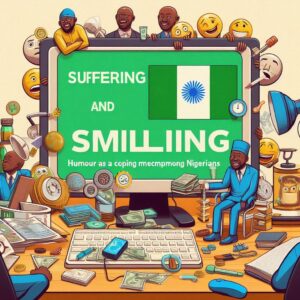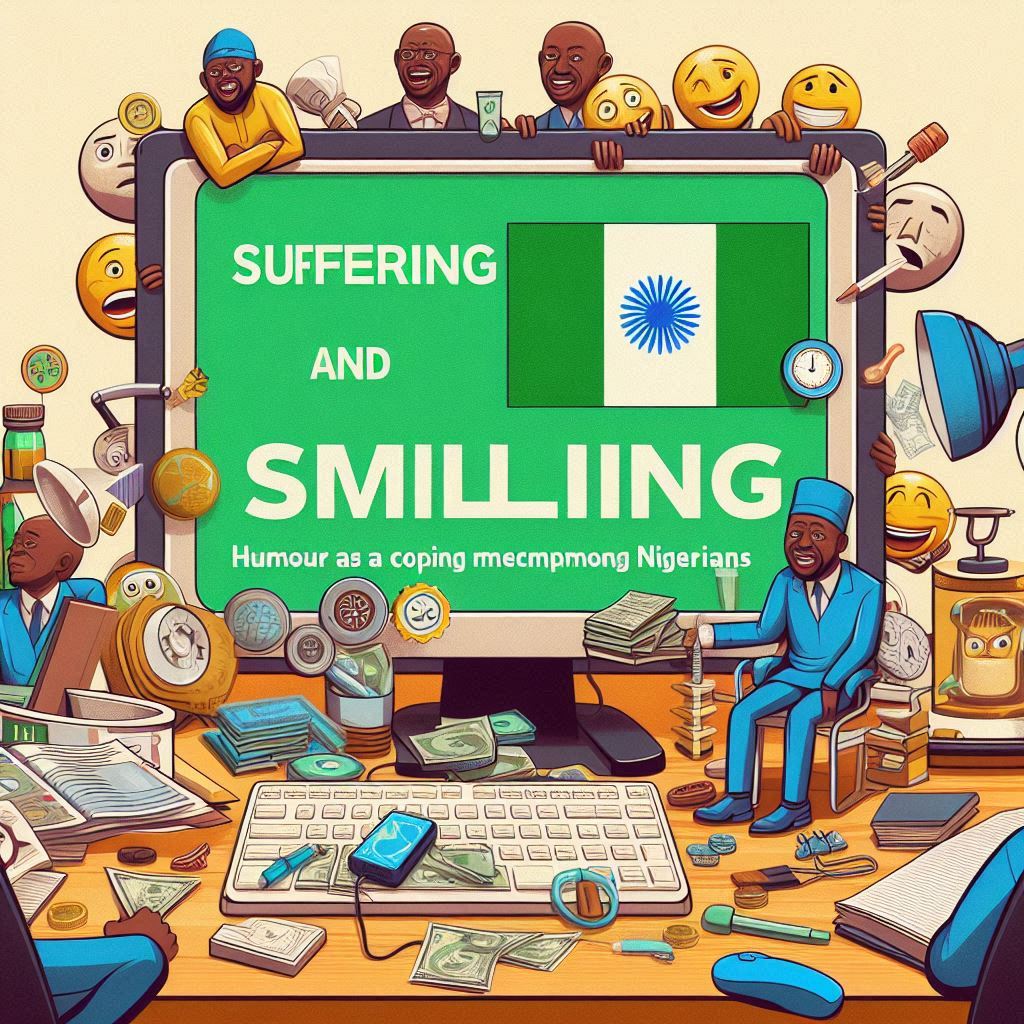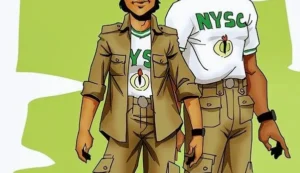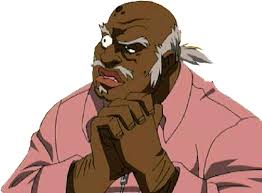
Listening to Fela Kuti’s timeless music makes me wonder, for the umpteenth time, if Nigerians are complicit in their own suffering. Could our tendency to approach our hardships with humor and a smiling facade have dulled our resolve to seek meaningful change? Do we inadvertently sustain the very systems that oppress us by laughing off our pain and masking our frustrations with joviality? What other alternatives are there? Constantly soberly reflecting on the surreal reality that threatens our sanity? One might argue that confronting our woes with earnest seriousness rather than our jokes may empower us to demand and enact the transformative changes we desperately need. While this may be true, humor remains a vital mechanism for coping with harsh realities while we gather the strength necessary to change our circumstances.
In Nigeria, the most outrageous and back-breaking actions and policies by the political elites are often met with a unique and immediate response: a flurry of memes, jokes, and slang that spread like wildfire across the country. From skyrocketing inflation rates and a confusing new currency policy that has everyone scrambling for naira notes, to police brutality and even fuel shortages in a country that’s supposed to be one of the world’s largest oil producers, the instinctive reaction is to turn these grievances into humor. Insensitive and insulting remarks from politicians? They become the punchlines of the latest viral jokes. This trend of finding humor amidst hardship extends beyond politics. Nigerians often meet oppressive acts and rules from superiors with the same blend of wit and satire in schools, workplaces, and other hierarchical organizations. It is a remarkable coping mechanism that transforms frustration into laughter and suffering into smiles.
Imagine being a public servant and not receiving your monthly salary for over six months. Or picture yourself as a retired public servant, denied your entitlements and pension for years. What if you were kidnapped and had to pay an exorbitant ransom because the police wouldn’t come to your rescue—or worse, they were in cahoots with the kidnappers? Imagine being a student whose lecturer skips classes all semester, only to cram the entire course into a single weekend right before exams. Or being unemployed for decades after graduation while watching less qualified peers with “connections” secure lucrative positions and achieve dreams that remain out of your reach. These vast inequalities that will take centuries to bridge only leave you muttering, “This life no balance at all.”
The systemic nature of these injustices makes seeking redress an endless cycle, often leading nowhere and potentially putting one’s life at risk. The only options seem to be resigning to fate, hoping for some divine retribution against oppressors, or joining the wave of people leaving the country in the “Japa” movement. In this context, humor becomes a critical coping mechanism. Feelings of helplessness are inevitable when confronted with unimaginable injustices, insurmountable barriers to obtaining justice, and political leaders’ obvious disregard for the masses. This helplessness has transformed Nigeria into a universe where “suffering and smiling” coexist in perfect harmony.
Research has shown that prisoners of war in Vietnam created a psychological buffer by finding humor in their plight. This allowed them to temporarily escape their suffering and maintain their sanity. Shared humor also bonded them, fostering camaraderie and mutual support, which were essential for their resilience. Drawing a parallel to the Nigerian context, one can observe a similar phenomenon in the way humor is used among Nigerians today to create some semblance of autonomy. Indeed, some have argued that humor serves as a form of subversion, escape, retribution, and resistance for oppressed Africans, in addition to being a coping measure. So maybe “catching cruise” is not complacency but the ultimate survival kit. It seems to be the invisible thread that stitches sanity and resilience together, turning the absurdities of life in Nigeria into punchlines. Maybe for us, laughing is a revolutionary act in addition to being the best medicine.





Quite sad